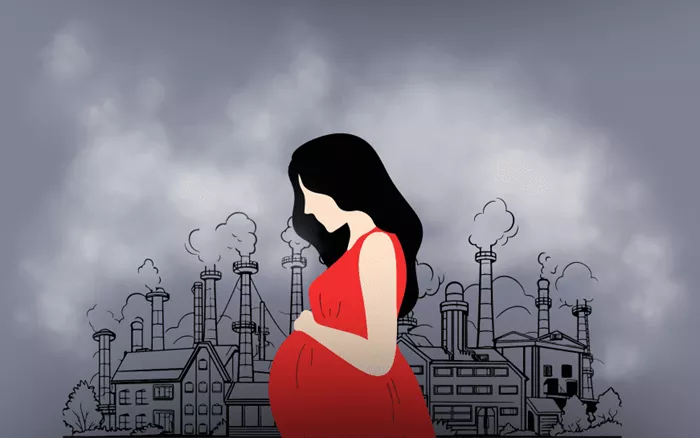Exposure to air pollution during pregnancy may increase the risk of asthma in the next generation—even into adulthood—according to new research presented at the ATS 2025 International Conference.
In a study using mice, researchers found that when pregnant females were exposed to air pollution particles, their offspring were more likely to develop severe asthma symptoms as adults. The findings also revealed lasting epigenetic changes—alterations in how genes are expressed—linked to lung function and immune response.
While earlier studies have connected maternal air pollution exposure to higher asthma rates in children, this new research adds important insight into how those effects may persist into later life through epigenetic mechanisms.
“Even if someone is never directly exposed to air pollution, they may still suffer health consequences if their mother was exposed during pregnancy,” said Dr. Zakarya, one of the study’s lead researchers.
To examine this, scientists exposed one group of pregnant mice to airborne pollution particles, while a control group received only a saline solution. The researchers then assessed asthma symptoms in the adult offspring of both groups.
They discovered that adult mice whose mothers were exposed to pollution experienced more severe airway constriction when exposed to allergens. Their lungs also showed altered activity in thousands of genes compared to mice born to unexposed mothers. Additionally, changes in DNA methylation—a process that regulates gene activity—were observed, suggesting a “molecular memory” of prenatal exposure.
“This suggests an epigenetic memory effect of prenatal air pollution exposure that persists into adulthood,” Dr. Zakarya explained. “It affects how genes involved in lung function and immune defense are regulated.”
Perhaps most striking, the levels of air pollution used in the study met current World Health Organization (WHO) guidelines for “safe” exposure. The findings raise questions about whether these standards are truly protective, especially during pregnancy.
The researchers now plan to explore whether similar epigenetic changes occur in humans. Future studies will also examine if and how these long-term effects can be reversed or reduced.
As air pollution continues to pose global health risks, this research highlights the need for stronger protections—particularly for pregnant individuals—to safeguard the health of future generations.
Related topics:


